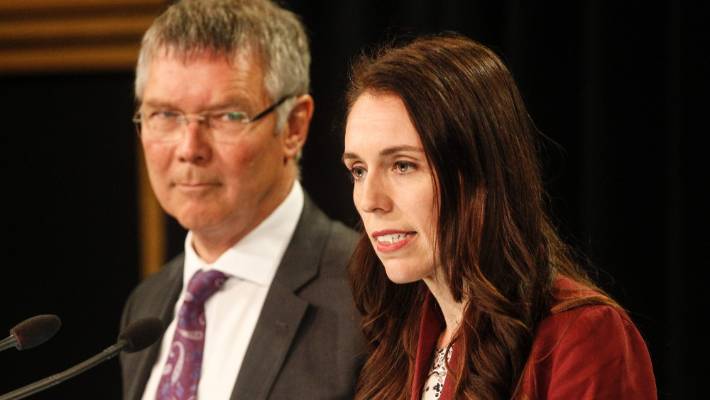Still no end in sight on EU free-trade deal

NBR | 25 June 2020
Still no end in sight on EU free-trade deal
By Julie Iles
After eight rounds of negotiations, there is still no end in sight for an EU-New Zealand free-trade deal.
And as long as New Zealand’s current free-trade offer with the European Union remains a “derisory” one, the culmination of these deliberations will remain – at least – months away, Trade Minister David Parker says.
“We can’t sign an agreement that has an inadequate offer on [market] access for goods that are an important part of the New Zealand economy.”
From the outset, the latest round of negotiations, which began two weeks ago via Zoom, had New Zealand on the back foot.
The EU’s offer was leaked to European media outlets ahead of talks, revealing lower good levels than could be found in existing quota agreements.
Even before negotiations had started, Parker phoned EU Trade Commissioner Phil Hogan to express his disappointment with what was on the table.
Parker said Hogan pushed back on the criticisms, noting there were other aspects of the deal that had improved.
“We remained disappointed in that [agricultural goods] aspect of the trade offer.”
Parker said the offer in respect to New Zealand’s agricultural goods remains “paltry”, a pun he continues to unintentionally make when discussing the deal.
He would not comment specifically as to whether the “derisory” offer on cheese remained an aspect of the deal, with the EU accepting just over three grams of New Zealand cheese for each of its citizens, subject to both high tariffs and volume restrictions.
In comparison, the EU exports to New Zealand, tariff-free, almost a kilogram of cheese per New Zealander.
New Zealand, Australia, and the US are some of the few countries within the World Trade Organisation that have yet to land an agreement with the European Union.
Zoom works – for now
In the past two weeks, 20 working groups with employees from the Ministry for Foreign Affairs and Trade and their European counterparts have discussed over Zoom access for goods and other technicalities within the deal.
Parker is unsure how long negotiations will remain relegated to the virtual realm.
“It does make some of these things more difficult.”
While the technical aspects of negotiations can be adequately done via Zoom, he said, “the crunchier stuff right at the end could be a bit harder to land”.
A date has not been set for the next round of talks, but they would not be happening in the next few weeks.
Post-Brexit dealings
The trade negotiations will now run parallel with the undertaking of a free-trade agreement with the UK, which was announced last week by Prime Minister Jacinda Ardern, Parker, and British High Commissioner Laura Clarke.
Parker said he “can’t see” finalising a deal with the UK until it secures a post-Brexit trade relationship with the EU.
New Zealand is also pursuing a dispute within the Geneva processes of the World Trade Organisation. The argument is that splitting the EU and UK’s quota for lower-tariffed New Zealand sheep meat and butter 50/50 between them was unfair to New Zealand and in breach of WTO rules.
Parker said this dispute is yet to be resolved.
The GI lever
Following the leak of the eighth-round offer, Federated Farmers president Katie Milne called the proposed quotas for agricultural products “insultingly low”.
New Zealand farmers may not be able to market their feta cheese as feta
Milne also opposed the “absurd obligation” to abide by geographic indicators(GIs) that would mean, for example, New Zealand farmers could not market their feta cheese as ‘feta’.
Parker said after two weeks of discussions, the exact outcome of where New Zealand falls on GIs remains unclear.
“Obviously it would be unfair to expect industries to effectively put up with some restrictions on what they can call their products when selling into Europe, if there isn’t an advantage in terms of improved market access.”
While the market access and GI issues are separate, Parker said the two are “linked in a negotiating sense”.
Parker said most New Zealand exporters see abiding by the European Union’s strict labelling rules as a disadvantage, but it remained a matter for negotiation within the trade talks.
New Zealand annual goods exports to the EU are worth $5.5 billion.





